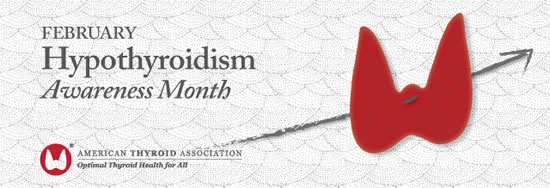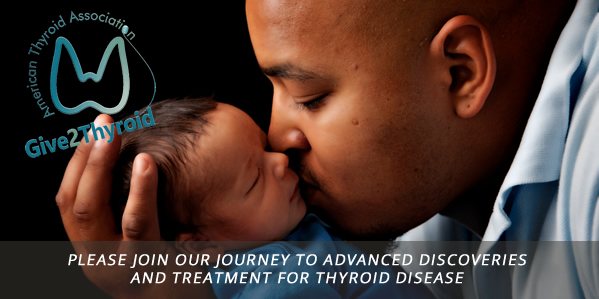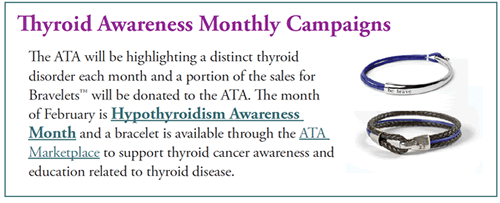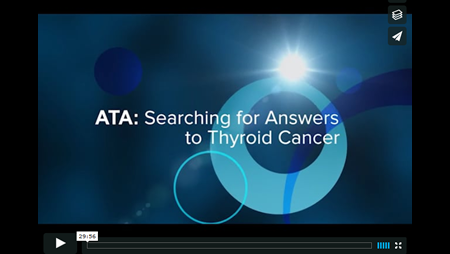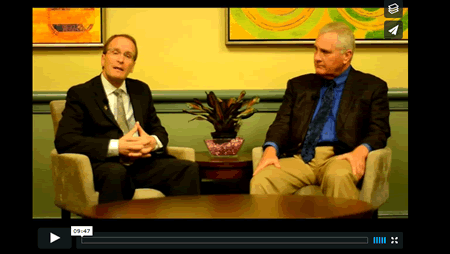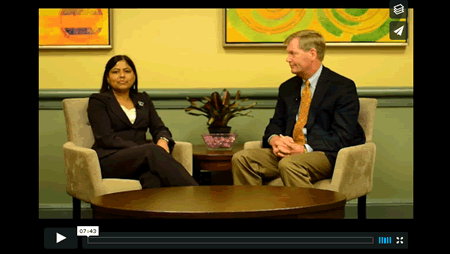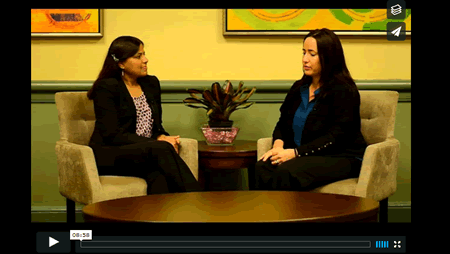Clinical Thyroidology for the Public summarizes selected research studies discussed in the previous month’s issue of Clinical Thyroidology, an official publication of the American Thyroid Association. Editor-in-chief, Alan Farwell, MD, FACE
Volume 13 Issue 2
Available in pdf format for saving and printing and Web page format for viewing online
PDF Format for Saving and Printing
Clinical Thyroidology for the Public Volume 13 Issue 2 (PDF file, 6.9 MB)
TABLE OF CONTENTS – Web Format
HYPOTHYROIDISM Hypothyroidism and risk for heart disease
There are a few clinical studies that have looked at the risk of heart problems in terms of duration of disease and treatment of hypothyroidism. This study investigated the risk of heart problems events in a large, well-characterized population in Denmark, focusing on the long term effects of undertreatment and overtreatment of hypothyroidism.
Lillevang-Johansen M et al 2019 Duration of over- and undertreatment of hypothyroidism is associated with increased cardiovascular risk. Eur J Endocrinol 180:407–416. PMID: 31035256.
( PDF File for saving and printing, 901 KB)
HYPERTHYROIDISM Antithyroid drug-induced severe liver injury in newly diagnosed patients with Graves’ Disease in Japan
Antithyroid drugs have been used since the 1940s to treat Graves’ disease and are usually very well tolerated. However, rarely, they can have severe and potentially fatal side effects, including low white blood cell counts, liver injury and inflammation of the blood vessels. The goal of this study was to evaluate the types of antithyroid druginduced severe liver disease in patients with Graves’ disease in Japan.
Suzuki N et al 2019 Analysis of antithyroid drug-induced severe liver injury in 18,558 newly diagnosed patients with Graves’ disease in Japan. Thyroid 29:1390–1398. PMID: 31573408.
(PDF File for saving and printing, 645 KB)
THYROID SURGERY New frailty risk model is the best yet for patients undergoing thyroid or parathyroid surgery
Graves’ disease is caused by TSH receptor antibodies that stimulate the thyroid to make excess amounts of thyroid hormone. The purpose of this study was to gain information regarding the trend of the levels of the TSH receptor antibodies over time and also understand whether the function of those antibodies changes contributing to remission after treatments with antithyroid medications.
Mascarella MA et al 2019 Preoperative risk index among patients undergoing thyroid or parathyroid surgery. JAMA Otolaryngol Head Neck Surg. Epub 2019 Sep 5. PMID: 31486838
(PDF File for saving and printing, 685 KB)
THYROID CANCER Early postoperative unstimulated thyroglobulin may help determine use of radioactive iodine in patients with papillary thyroid cancer
Papillary thyroid cancer is the most common type of thyroid cancer. The use of radioactive iodine therapy has markedly decreased in recent years as studies have shown that it provides little benefit to patients that are at low risk of cancer recurrence after surgery. This study aimed to evaluate whether levels of early post-operative unstimulated thyroglobulin can be used to determine which patients with papillary thyroid cancer may need radioactive iodine therapy.
McDow AD et al 2019 Utility of Early Postoperative Unstimulated Thyroglobulin in Influencing Decision Making in Patients with Papillary Thyroid Carcinoma. Ann Surg Oncol Jul 2. doi: 10.1245/s10434-019-07581-8. [Epub ahead of print]
(PDF File for saving and printing, 645KB)
THYROID CANCER Is there a relationship between the subtype of papillary thyroid cancer and overall survival of patients?
Papillary thyroid cancer is the most common type of thyroid cancer and overall has an excellent prognosis. Papillary thyroid cancer may be divided into several subtype categories, some of which are more aggressive. This study examines whether there is any relationship between the subtype of papillary thyroid cancer and overall survival of patients.
Limberg J et al. Does aggressive variant histology without invasive features predict overall survival in papillary thyroid cancer? A National Cancer Database analysis. Ann Surg. Epub 2019 Oct 9. PMID: 31599802.
(PDF File for saving and printing, 1.6 MB)
THYROID NODULES The Afirma™ gene sequencing classifier (GSC) performs better in indeterminate thyroid nodules than the Afirma™ gene expression classifier (GEC)
Historically, most patients with indeterminate thyroid nodule biopsies were referred for surgery, even though ~75% would be benign. Currently, gene tests can provide more information as to whether an indeterminate nodule is a cancer or not. The aim of this study was to determine the clinical performance of the Afirma™ GSC vs GEC at one academic medical center.
Endo M et al 2019 Afirma Gene Sequencing Classifier compared with Gene Expression Classifier in indeterminate thyroid nodules. Thyroid 29:1115–1124.
(PDF File for saving and printing, 651 KB)


